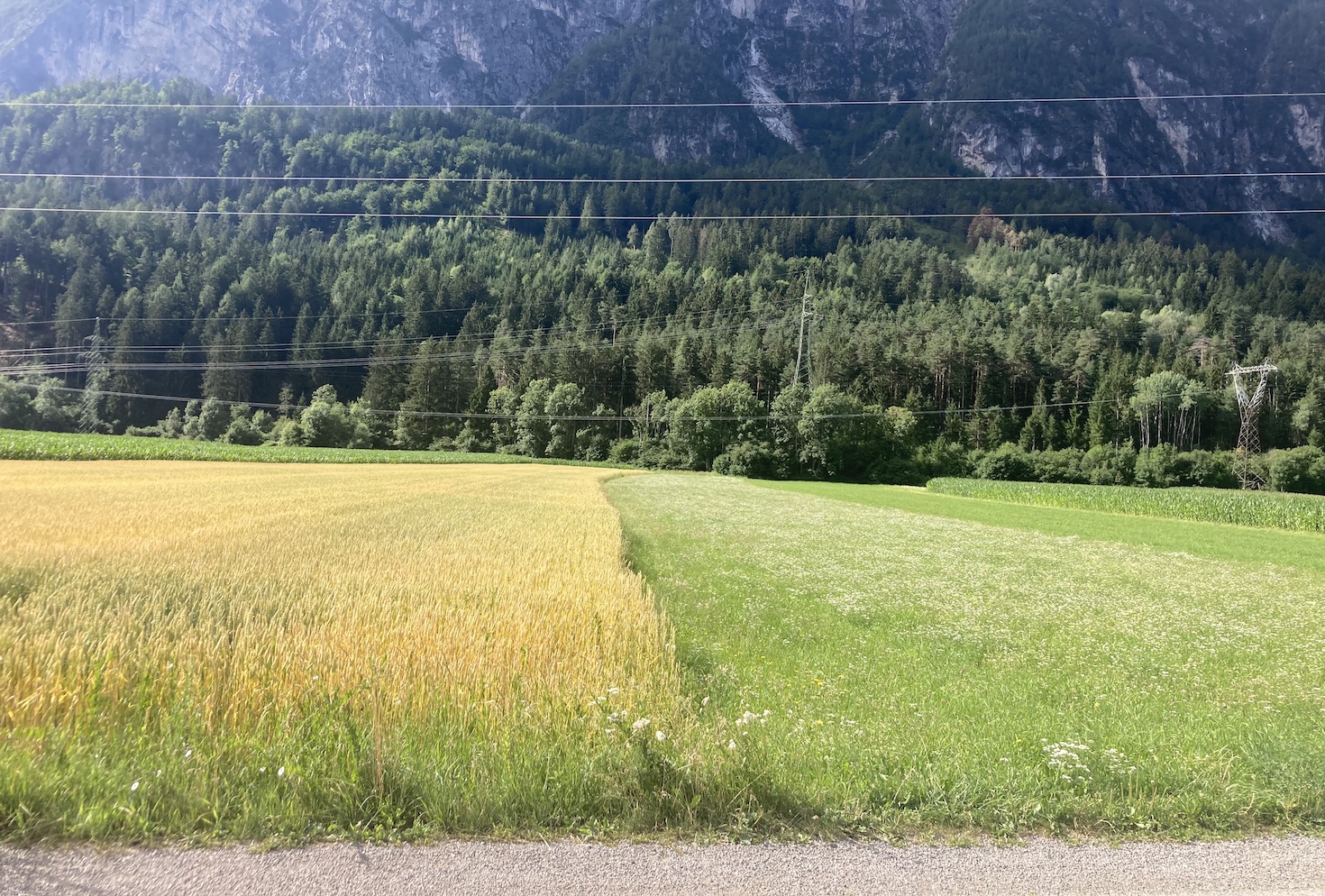With the proliferation of corporate sustainability metrics, Environment, Social and Governance (ESG) scorecards and a nascent European Union due diligence bill, companies are seemingly being held to account more than ever before.
Yet amid the complexity of procurement, and in a world where 500 million smallholder farmers produce a third of the world’s food supplies, agri-food companies that focus too narrowly on reporting are at risk of missing a real chance to strengthen supply chains. The result is a growing skepticism around the impact of ESG standards.
The experience of some of the world’s leading food and beverage corporations demonstrates that strengthening supply chains from the ground up is the most direct route to boosting the incomes of vulnerable farmers while also delivering sustainable value for their buyers.
Through our work supporting these companies, in the field and in the boardroom, we have learned three truths about future-proofing agri-business at the source.
1. Know your supply chain needs
The first is that understanding procurement priorities can change farmers’ lives. Supply chain transformation starts with a comprehensive understanding of businesses’ sourcing needs and the ways in which this can be addressed to add value, strengthening the business case for supporting smallholders. Failure to do this leads to small-scale initiatives that are quickly forgotten.
In the Margarita Dairy project in Mexico, a long-term partnership to support small-scale milk production, the Danone Ecosystem Fund has supported smallholder dairy farmers to adopt regenerative practices, which has nearly tripled farmer incomes and reduced their carbon footprint by 13 percent. But it has only proven effective because the farmers were also equipped to meet the quality and supply needs of the buyer. The company had previously not been able to purchase any milk from smallholders in Mexico, but they now provide a quarter of Danone’s supply in the country.
2. Work with the farmer
The second insight is that shared knowledge drives shared prosperity. For companies that already recognize the value of investing in their farmer-suppliers, the instinct can be to start with innovative technologies, new financing solutions or more audits. These may all play their part, but they are rarely the core answer.
Solutions built on a business’s sourcing needs and a farmer’s knowledge needs can unlock agricultural transformation.
The reality is that no one has invented a better approach to improving food systems than working directly with a farmer, on their farm, over time, to build their business and technical knowledge of how to adapt their operations to protect their long-term interests. Rapid climate change is lending particular urgency to this age-old truth.
Also in Mexico, Walmart Foundation Mexico has led the Smallholder Market Access Initiative, which has supported more than 15,000 fruit and vegetable farmers with high quality, focused support on agronomy, business and product quality to drive a 27 percent increase in the number of farmers applying approved practices. That change alone is enough to increase farmers’ net incomes by $1,000 annually, which comes before the sourcing benefits of a more resilient direct-to-farmer supply chain and a new regenerative sustainability standard are added.
3. Scale up sustainability
Finally, solutions built on a business’s sourcing needs and a farmer’s knowledge needs can unlock agricultural transformation. Corporations are being asked to address a widening set of challenges on farms, from shifting to regenerative farming, delivery of Net Zero commitments, and improving biodiversity. When solutions are orientated around the principles above, new regenerative business models become possible.
For example, Nespresso’s AAA Sustainable Quality program in Kenya and Ethiopia is working with more than 46,000 farms and supplier intermediaries to improve both coffee quality and sustainability. These initiatives have converted 57,000 acres of farmland to sustainable production, including planting more than 1.1 million shade trees, which both sequesters carbon and provides shade that improves the quality and resilience of coffee crops. When anchored around sharing knowledge and best practices on coffee cultivation, this support means farmers are earning $7.1 million of additional coffee income every year while supplying Nespresso with higher quality, more reliable beans.
While a handful of outriders have committed to transformation on the ground, the emphasis to date on process-heavy metrics has left many agri-food companies lagging or confused.
But it’s not too late. By anchoring solutions in the sourcing needs of their business and in the critical knowledge that will help farmers thrive, companies can deliver on their commitments and help transform food systems for good.

